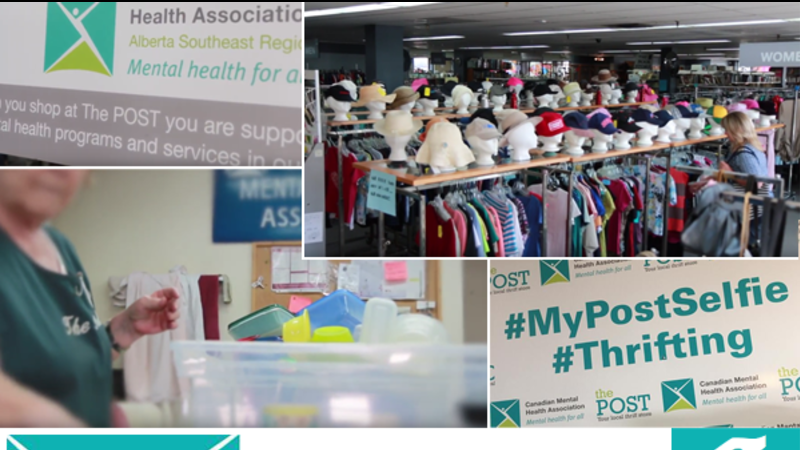
Recycle today for a better tomorrow
Recycling is the process of converting waste materials into new materials and objects. The recyclability of a material depends on its ability to reacquire the properties it had in its virgin state. It is an alternative to “conventional” waste disposal that can save material and help lower greenhouse gas emissions. Here at the POST, we are very dedicated in our commitment to recycling, not only with recycling donations and products back into the community, but also recycling our waste into the appropriate areas.
E-waste is something we see often and it is very important to us that this waste is disposed of accordingly. Electronic waste or e-waste describes discarded electrical or electronic devices. Used electronics which are destined for refurbishment, reuse, resale, salvage recycling through material recovery, or disposal are also considered e-waste. Often at the POST we will receive donations such as toasters, TVs, DVD players, Small appliances, electronics, etc that we are not able to sell based on a few criteria. Once a donation comes to the POST, we have our team of staff and volunteers that organize our products into the appropriate sections and categories. We have individuals in our small appliance and electronic sections that will take the donations, clean them and test them out. Sometimes we have products that are missing pieces in order to function or just don’t work in general. When we run across these items it is important that we dispose of them correctly and safely.
According to The Balance Small Business, the amount of worldwide e-waste generation is expected to exceed 50 million tons by 2020, with an annual growth between 4% and 5% and a total of 67 countries have legislation in place to deal with the e-waste they generate. In Canada there is no federal legislation directed specifically at e-waste management, however the federal government does have an indirect impact on e-waste regulation through its toxic substance control legislation and through standards setting.
Electronic waste has become one of the largest problems for Canadian landfills. This is because more and more people upgrade their laptops, computers and cell phones to newer models, and the often times the old ones end up in the landfill. A lot of times these devices contain batteries and other hazardous waste that can cause a lot of damage to the environment, so it is important to recycle them with an environmentally friendly service. Medicine Hat has several various locations that your E-waste can be disposed of accordingly and safely. REDI and waste management facility with the city of medicine hat are just a couple to name. Cell phones are accepted for reuse and recycling through the Call2Recycle program, the same program that accepts household batteries and everyday electronic items to the waste management facility for e-waste recycling/ diversion.
